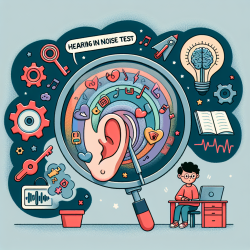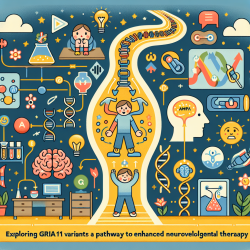Introduction
In the ever-evolving landscape of healthcare, the need for innovative solutions to manage high-cost therapies is paramount. Managed Access Agreements (MAAs) have emerged as a potential strategy to address the uncertainties associated with the reimbursement of expensive drugs. This blog explores how practitioners, particularly those in the field of speech-language pathology, can benefit from understanding and potentially advocating for MAAs in their practice, especially in the context of providing online therapy services to schools.
Understanding Managed Access Agreements
Managed Access Agreements are contractual arrangements between payors and pharmaceutical companies that allow for the reimbursement of high-cost drugs under specific conditions. These agreements aim to balance the need for timely access to innovative therapies with the requirement for additional evidence to confirm their clinical and cost-effectiveness.
MAAs can include various design features, such as financial agreements (e.g., rebates, discounts, or refunds) and clinical agreements (e.g., coverage with evidence development or outcome guarantees). The choice of agreement depends on the specific drug, the uncertainties involved, and the desired outcomes.
Implications for Practitioners
For practitioners, particularly those involved in providing online therapy services to schools, understanding the framework and benefits of MAAs can be crucial. Here are some ways practitioners can leverage this knowledge:
- Advocacy for Access: Practitioners can advocate for the inclusion of therapies under MAAs, ensuring that students have access to necessary treatments while evidence is gathered to confirm their effectiveness.
- Collaboration with Stakeholders: Engaging with policymakers, pharmaceutical companies, and other stakeholders can help shape the design and implementation of MAAs, ensuring they address the needs of children requiring therapy.
- Data Collection and Analysis: Practitioners can contribute to the data collection efforts required under MAAs, providing valuable insights into the effectiveness of therapies in real-world settings.
Encouraging Further Research
While MAAs offer a promising approach to managing high-cost therapies, further research is needed to optimize their design and implementation. Practitioners are encouraged to engage in research initiatives that explore the impact of MAAs on therapy outcomes and cost-effectiveness.
By participating in research, practitioners can contribute to the evidence base that informs policy decisions and ensures that MAAs are used effectively to benefit children receiving therapy services.
Conclusion
Managed Access Agreements represent a strategic approach to balancing access to innovative therapies with the need for evidence-based decision-making. For practitioners in speech-language pathology and other fields, understanding and engaging with MAAs can enhance therapy outcomes and ensure that children receive the best possible care.
To read the original research paper, please follow this link: Should Canada adopt managed access agreements in Canada for expensive drugs?










